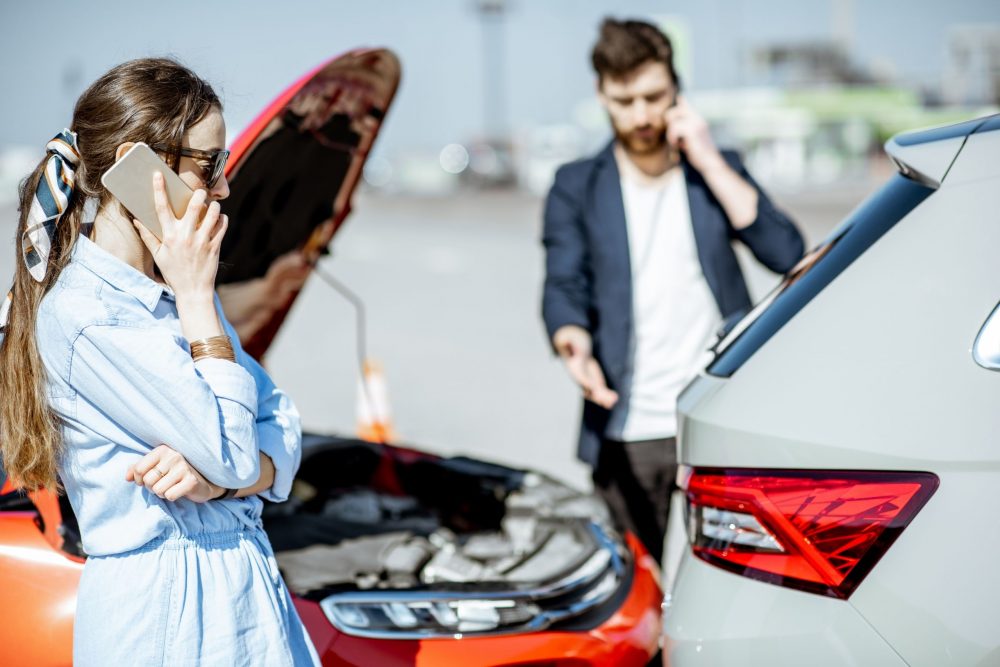The rise of rideshare services like Uber and Lyft has transformed how people travel in cities across Minnesota, including Duluth. While these platforms offer convenient transportation options, they also introduce unique legal complexities when accidents occur. Understanding your rights and the role of rideshare accident attorneys in Duluth becomes crucial when navigating the aftermath of such incidents.
The Unique Nature of Rideshare Accidents
Rideshare accidents differ significantly from traditional car accidents due to the complex web of insurance policies and legal responsibilities involved. When you’re injured in a standard vehicle collision, determining liability and pursuing compensation typically involves dealing with the at-fault driver’s insurance company. However, rideshare accidents can involve multiple parties: the rideshare driver, the rideshare company, other motorists, and various insurance policies that may overlap or conflict.
The legal landscape becomes even more intricate because rideshare drivers operate in a gray area between commercial and personal transportation. They use their personal vehicles for business purposes, which creates complications regarding which insurance coverage applies at any given moment.
Understanding Rideshare Insurance Coverage
Rideshare companies maintain insurance policies that provide different levels of coverage depending on the driver’s status at the time of the accident. These coverage periods are typically divided into three phases:
Period 1 occurs when the driver has the app open but hasn’t accepted a ride request. During this time, the rideshare company’s insurance provides limited coverage, primarily for liability to third parties, while the driver’s personal insurance may deny claims due to commercial use exclusions.
Period 2 begins when the driver accepts a ride request and continues until the passenger enters the vehicle. The rideshare company’s commercial insurance policy typically provides higher coverage limits during this period, including liability, uninsured motorist, and contingent comprehensive and collision coverage.
Period 3 encompasses the time from when the passenger enters the vehicle until the trip ends. This period generally offers the most comprehensive coverage, with rideshare companies maintaining substantial insurance policies to protect both passengers and third parties.
Common Challenges in Rideshare Accident Cases
Victims of rideshare accidents often encounter several obstacles when seeking compensation. Insurance companies may dispute which policy applies or attempt to shift responsibility to another party’s coverage. The rideshare company might argue that the driver was acting outside the scope of their relationship with the platform, while the driver’s personal insurance could deny coverage based on commercial use exclusions.
Determining fault can also be more complex in rideshare accidents. Multiple parties may share responsibility, including the rideshare driver, other motorists, the rideshare company (in cases involving negligent hiring or inadequate vehicle maintenance requirements), or even third parties like municipalities responsible for road maintenance.
Documentation becomes particularly important in these cases. Rideshare apps typically generate electronic records of trips, but accessing this information may require legal intervention. Medical records, witness statements, police reports, and expert testimony may all play crucial roles in building a strong case.
The Role of Specialized Legal Representation
Rideshare accident attorneys in Duluth possess specific knowledge about Minnesota’s insurance laws and regulations governing transportation network companies. They understand how to navigate the complex insurance coverage issues that arise in these cases and can identify all potential sources of compensation.
These legal professionals typically handle the investigation process, which may involve analyzing electronic data from rideshare apps, reviewing driver background checks and vehicle inspection records, and coordinating with accident reconstruction experts. They also manage communications with multiple insurance companies and legal representatives, protecting victims from statements that could harm their cases.
Experienced attorneys understand the tactics insurance companies use to minimize payouts and can counter these strategies effectively. They know how to properly value claims, considering not only immediate medical expenses and property damage but also long-term impacts such as ongoing medical treatment, lost earning capacity, and pain and suffering.
Minnesota-Specific Considerations
Minnesota has specific regulations governing transportation network companies that affect how rideshare accident cases are handled. The state requires rideshare companies to maintain minimum insurance coverage levels and comply with certain safety standards. Understanding these requirements is essential for properly pursuing compensation in rideshare accident cases.
The state’s comparative fault laws also play a role in these cases. Under Minnesota law, accident victims can recover compensation even if they bear some responsibility for the accident, though their recovery will be reduced by their percentage of fault.
Key Takeaways
Rideshare accidents present unique legal challenges that require specialized knowledge and experience to navigate effectively. The complex insurance coverage structures, multiple potential defendants, and evolving regulatory landscape make these cases significantly different from traditional motor vehicle accidents.
Understanding the different coverage periods and insurance policies involved can help accident victims better appreciate the importance of proper legal representation. The stakes are often high, with multiple insurance companies working to minimize their exposure while accident victims struggle with injuries, medical bills, and lost income.
The specialized knowledge that rideshare accident attorneys in Duluth bring to these cases can make a substantial difference in outcomes. Their understanding of both Minnesota law and the intricacies of rideshare operations positions them to effectively advocate for accident victims and ensure they receive appropriate compensation for their injuries and losses.

